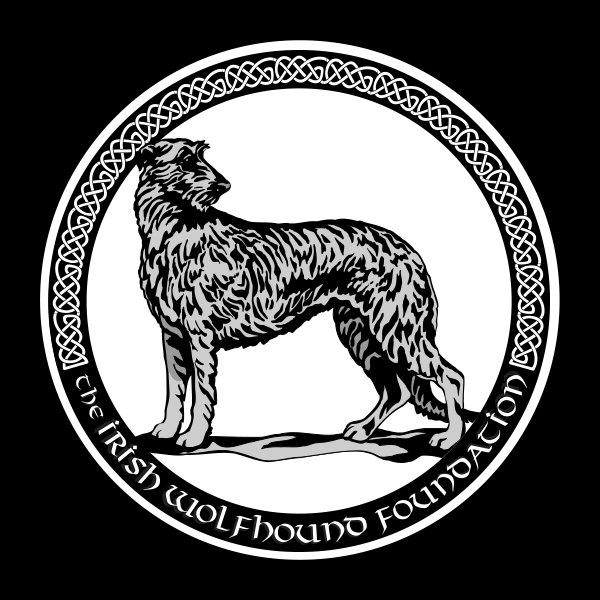IW Foundation Health Library:
Bones and Joints
Caution should be used when puppies are still growing to help avoid growth disorders. Precautions like not letting them run up and down (especially down) stairs, not letting them jump from high places, paying attention to their body condition so they don't get overweight, not forcing them to go for long walks on hard surfaces, and making sure they get rest time.
Attention should also be paid to nutritional balance. An optimum ratio of calcium:phosphorous is 1:1. Too much calcium is especially harmful to growing puppies.
Some joint disorders, such as hip and elbow dysplasia, are considered genetic. Though the incidence in the breed is believed to be low, all breeding IWs should be screened for both hip and elbow dysplasia.
Other disorders the genetic jury is still out on. Many are known by their Latin names: carpus valgus (front legs twisted), Osteochondritis Dissecans (OCD) (fragments of cartilage in a joint space), Hypertrophic Osteodystrophy (HOD) (calcium deposits in the joints), and Panosteitis (excess bone) are several that can cause pain in a puppy.
Another disorder that can affect puppies is Fibrocartilaginous Emboli (FCE), which can cause sudden paralysis without pain. Most FCE puppies improve with physical therapy and time, but they may never have a normal gait.
Older dogs may suffer from osteoarthritis, particularly if they are dysplastic. Various therapies exist to minimize the pain. Older dogs also sometimes "go down in the rear," which is when the dog can't seem to control the rear end anymore and has to be helped to his feet and supported when walking. This is not easily accomplished in a dog the size of a Wolfhound, so rear end weakness is a common reason for older IWs to be euthanized.
Further Reading
- Rear End Weakness
- FCE in Irish Wolfhounds
- Elbow Dysplasia
- Growth-Associated Bone Disorders in the Dog
- Torn Cruciate Ligament
Related Topics
Links provided here provide Irish Wolfhound-specific, sighthound, and/or general canine information relevant to Irish Wolfhounds.
Disclaimer: The Irish Wolfhound Foundation provides the information on this website for the education of its readers. No information on this website should be used for veterinary medical purposes, diagnostically, therapeutically, or otherwise. Consult a veterinarian before attempting to medically treat your dog or changing your dog's medical treatment.
Note: Links to content outside iwfoundation.org may become inactive over time.


